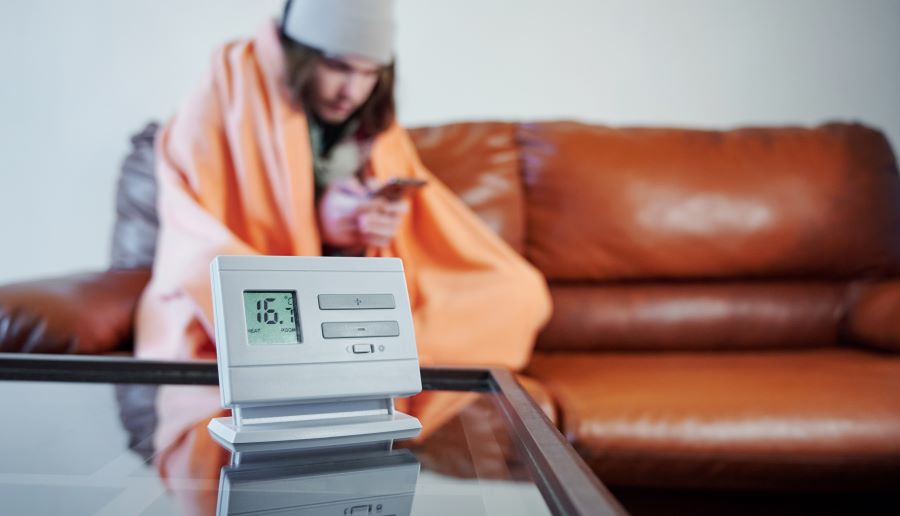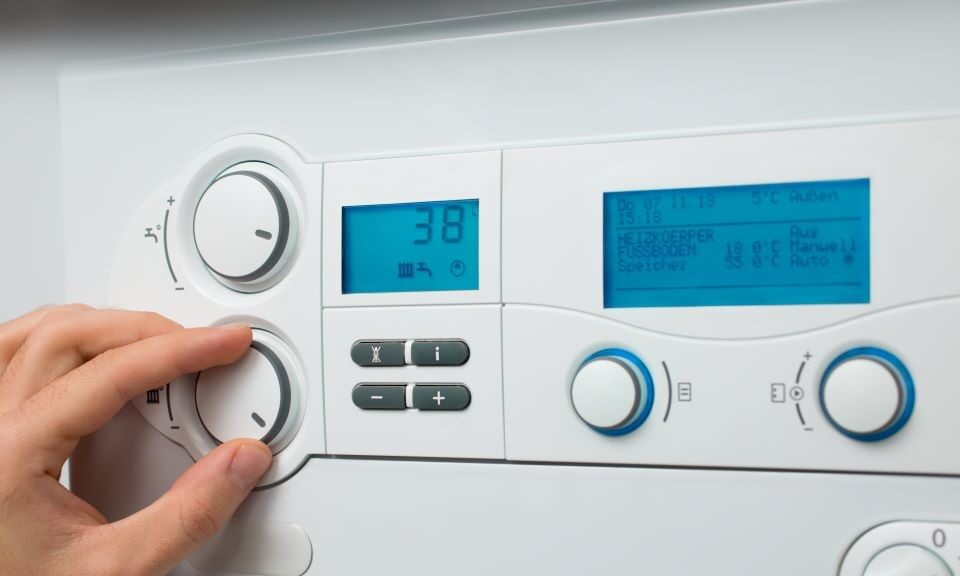
Are Zero Emission Boilers the Future for UK Homeowners?
We dread it but hope it won’t happen to us whilst but every year we hear (usually via a friend of a friend) of someone else’s boiler breaking down in the midst of a cold winter.
Right when you don’t need it. Even in the summer it’s a pain but in winter it’s definitely a lot worse to experience!
With that in mind we’ve come up with our guide to surviving a boiler breakdown to assist you and your family.
First Things to do if your Boiler Refuses to Come on
Can you reset your boiler? With the amount of electronics inside to run it might just require a reset by switching it off and on again to come back on and start working.
Is there a boiler fault code showing? Can you see any sort of fault code showing in the display?
Is it just your boiler playing up or has your domestic supply of electric (or gas) just been cut off?
Has someone accidentally turned your thermostat right down forcing the boiler to stay off? Though this would only affect your heating not your hot water (unless someone has fiddled with the timings for this too!).
If you own a combi boiler, what is the current pressure set to? It should be set above 1.
Is your condensate pipe frozen over (more of a winter problem than a summer one!)? If yes, then use warm water (don’t use boiling, you could split the pipe) to melt the ice and then reset your boiler.
Still not coming on? Then it’s time to call a Gas Safe registered Boiler Engineer immediately. Don’t delay! Why are you still reading this? Go phone one. Now! 😊
Also, if you have boiler cover then also get hold of the insurance company and check your coverage. Will the cover be just for labour and callout or will it cover any additional parts too?
How to Keep Warm with a Broken Down Boiler
If your boiler breaks down there are a few options to keep warm and have hot water:
If you have a fireplace or woodburner in your home, grab some logs on and get a fire going. For those with a wood burner you should be able to snug it and run it through the night too.
Don’t have a fireplace or log burner? Then grab a portable fan heater, convection heater or an electrically powered oil radiator. Close the doors and curtains in each room of your home. Switch the heater on in the room you use the most and warm that first.
If your heater is easy to move around then next place it in your bedrooms in turn. If it’s cold in your kitchen then you could use the electric oven to warm things up but be careful with the door being left open, especially with children around. Also note it’s likely to be incredibly expensive to run on this basis, so this might be a last resort.
Don’t forget to use any draught excluders and put them by doors to keep out cold draughts.
If you don’t have a portable electrically powered heater then we’d say ask your contacts. A friend or family member might lend you one to get you through a tight spot. Alternatively a shout on social media might reach a wider audience to get help.
We’d also recommend adding on more layers to keep warm, if its bitterly cold it might even require you to wear a wooly hat in bed. Extreme we know but we say it’s better to be warm!
Don’t forget to dig out an electric blanket and use that too. You can pick one up fairly quickly via the likes of Amazon if you don’t have one. A hot water bottle will also be your friend but just be careful you don’t burn yourself when filling it with hot (not boiling) water.
For hot water, and if you have one, then switch on your immersion tank. It might be expensive to run (though not critical for most if its a week) but it will deliver you hot water in an emergency.
Do you have an electric power shower that directly heats cold water as it comes through? You could use that without having to worry about your non-serviceable boiler.
You can also use your kettle, microwave or gas or electric hob to heat water. Handy in a pinch!
Trying Elsewhere
If bathing/showers are important but you don’t have enough hot water then can you think about using another venue?
Is there a local gym/hotel/swimming pool where you can gain access to showers?
Would a close neighbour let you use their showers in return for whenever they face a similar emergency? Depends how well you know your neighbours so it might only be worth an ask if you’re friends.
Failing that, is there a local bed and breakfast (that doesn’t cost the earth) you can use until your boiler engineer turns up and fixes your boiler?
If it’s a few days it might be the perfect solution!
Does depend on your own personal circumstances and perhaps not the cheapest option.
It’s inconvenient for a boiler to break down but there’s usually a way to keep warm whilst you’re waiting for a boiler engineer!.
If your boiler is breaking down more often than you would like then it might be time to get a new boiler installed to prevent further ongoing problems?
Most Common Types of Boiler Problems
When a boiler goes down it’s typically a common boiler fault (excluding gas or electric going off!) causing the issue.
Here are the common culprits most people experience:
- No hot water – Issues with low pressure or the thermostat, valves failure or an airlock.
- Boiler keeps switching off – low pressure or thermostat problem, a stuck valve in the closed position restricting waterflow or a failed pump.
- Strange noises from the boiler – usually from air in the system trying to find its way out, low pressure or limescale buildup or an imminent pump failure.
- Radiators not getting hot – sludge has built up so badly in your system water cannot flow freely around your central heating system.
A decent boiler engineer can usually solve these issues fairly quickly.
Preventing your Boiler from Breaking Down
Most people don’t give their boiler two thoughts until it breaks down!
It is important to bear in mind the condition of your boiler and ensure you carry out an annual check:
- Get your boiler serviced annually – it’s no surprise an unserviced boiler is far more likely to break down over a boiler that gets some TLC on a yearly basis.
- Bleed your radiators – this might require you to do this more than once a year but it’s important to ensure your boiler is not put under huge strain. If you’re not sure how to do this then get a professional in to help you.
- Turn on your heating in the summer – yes, in the summer for just 15 minutes a month. This will help keep any moving parts inside your boiler from seizing up through a lack of use.
So there we have it, we hope our Boiler Breakdown Survival Guide will help you in the event of a boiler emergency.
If you’re struggling with a boiler breaking down in Suffolk or Essex please do get in touch with our team, we’re ready to help.
Do let us know if you have any tips, we’d love to share them!





